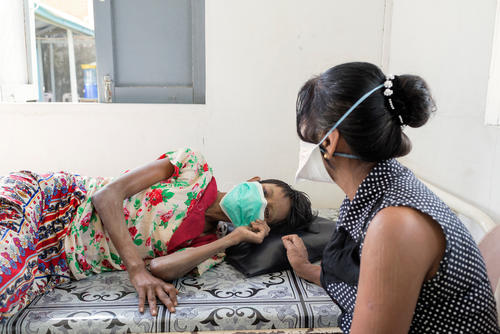During the 1990s, MSF teams made a bitter observation: we were failing to treat some of our patients suffering from infectious diseases, while in developed countries, remarkable progress was being made in the field of health. Two decades on, medicines in developing countries are still either too expensive, aren't suitable to be used in many of the contexts in which we work (for example, in hot, humid conditions or where there's a lack of electricity), or simply don't exist for the diseases we need to treat.
In 1999, we launched the Campaign for Access to Essential Medicines, now known as the Access Campaign. Its mission focuses on three areas: overcoming barriers to access to essential medicines, stimulating research and development for neglected diseases, promoting health exceptions to global trade agreements.
In 2003, MSF joined several research institutes, including the Institut Pasteur, to create the Drugs for Neglected Diseases initiative (DNDi), a non-profit research and development organisation engaged in research and development of new treatments for neglected diseases.

MSF calls for no patents or profiteering on COVID-19 drugs and vaccines
![Wishlist 2020 - FUTURE [Twitter version] Wishlist 2020 - FUTURE [Twitter version]](https://img.msf.org/Docs/MSF/Media/CMS3/0/9/8/6/MSF298431.jpg)
Our 2020 wishlist - five New Year's resolutions for medical care
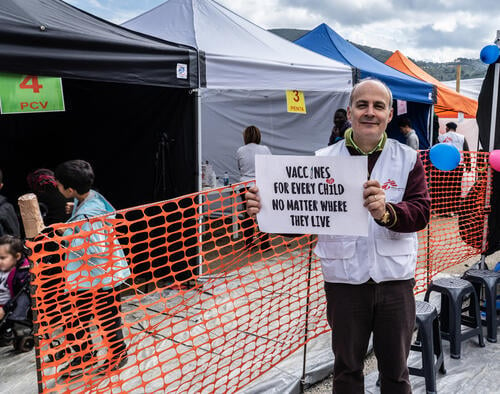
Gavi must ensure more children get new, more affordable pneumonia vaccine
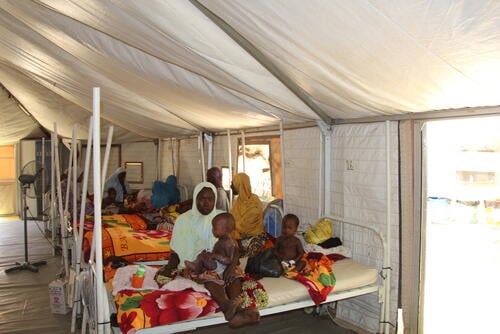
Medical assistance urgently needed outside northeast ‘garrison’ towns
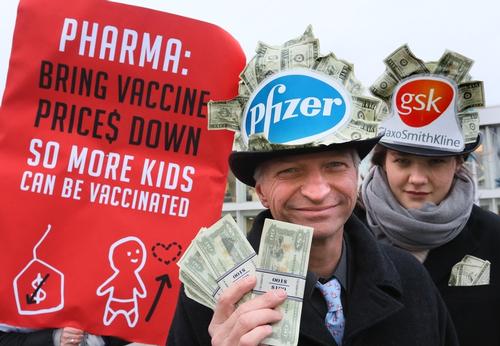
Pharma giants shouldn’t receive multi-million dollar pneumonia vaccine subsidy
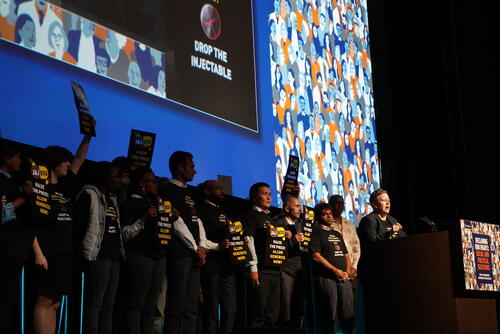
MSF protests at TB conference against drug corporations keeping lifesaving medicines from people
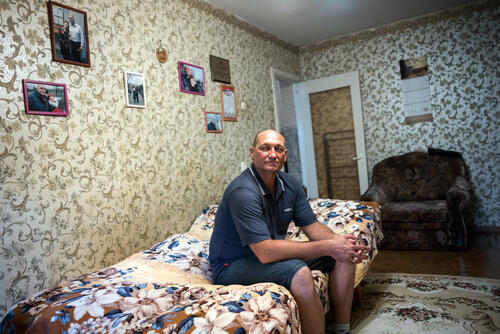
TB drug delamanid must be more affordable and made available in more countries
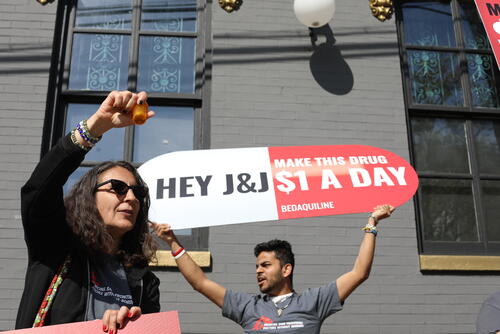
MSF demands Johnson & Johnson reduce price of lifesaving TB drug
